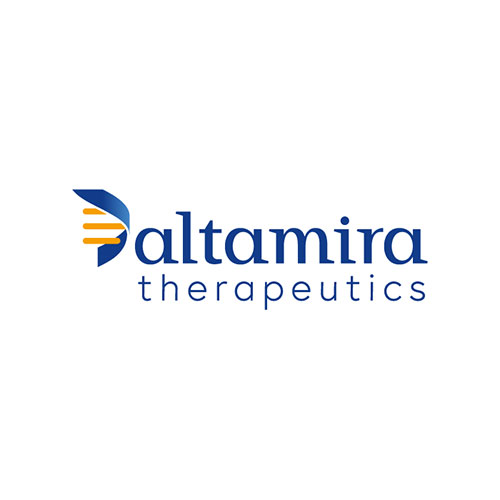
Altamira Therapeutics (NASDAQ:CYTO) announced the presentation of data at the American Heart Association scientific sessions from two studies by a research group at Washington University, St. Louis, on the use of the company’s RNA delivery platforms for extrahepatic nucleotide delivery in the treatment of abdominal aortic aneurysm (AAA).
Both studies were designed, conducted, and analyzed independently of Altamira and sponsored in part by research grants from the NIH and the Veterans Administration. They utilized the peptide delivery platform invented at Washington University and licensed to Altamira, which is now under development as OligoPhore / SemaPhore.
In the first study, siRNA (small interfering) polyplexes were used to reduce the expression of the NF-kB p50 subunit, a critical key modulator of the inflammatory process in AAA. The study, which was performed in two murine AAA models, showed that systemic delivery of the siRNA polyplexes mitigated AAA expansion and protected 100% of mice from rupture and sudden death, respectively. In both models, knockdown of p50 was accompanied by significant decrease in inflammatory infiltrate, release of various cytokines, inducible nitric oxide synthase expression, and cell apoptosis.
In the second proof-of-concept study, mRNA (messenger) polyplexes were used to enhance the expression of SOD2 (superoxide dismutase 2), a key modulator of mitochondrial oxidative stress that is implicated in AAA. The study demonstrated that systemic delivery of the mRNA polyplexes suppressed expansion of AAA, accompanied by enhanced SOD2 protein expression in aortic wall tissue, decreased inducible nitric oxide synthase expression, and lowered nitric oxide production and cell death.
In a statement, Samuel Wickline, M.D., Altamira’s CSO, said AAA is an inflammatory process associated with a high risk of mortality due to rupture, if left untreated. Modulating this process has shown promise in previous studies, but to date, either surgical or stent interventions remain the only therapeutic options, he added.
“Because our platform technologies enable targeted RNA therapeutic delivery, they offer significant potential for the treatment of AAA and other conditions that might benefit from systemic delivery of nucleotide therapeutics targeted to extrahepatic pathologies,” Dr. Wickline said.
The key findings highlighted in the two poster presentations have been published in abstract form in the scientific journal, Circulation.
In Western countries, AAA affects about one subject in 20 over a lifetime. AAA rupture is a life-threatening condition that leads to death in 80% of cases and is responsible for 1% to 2% of deaths of people older than 65 years.






